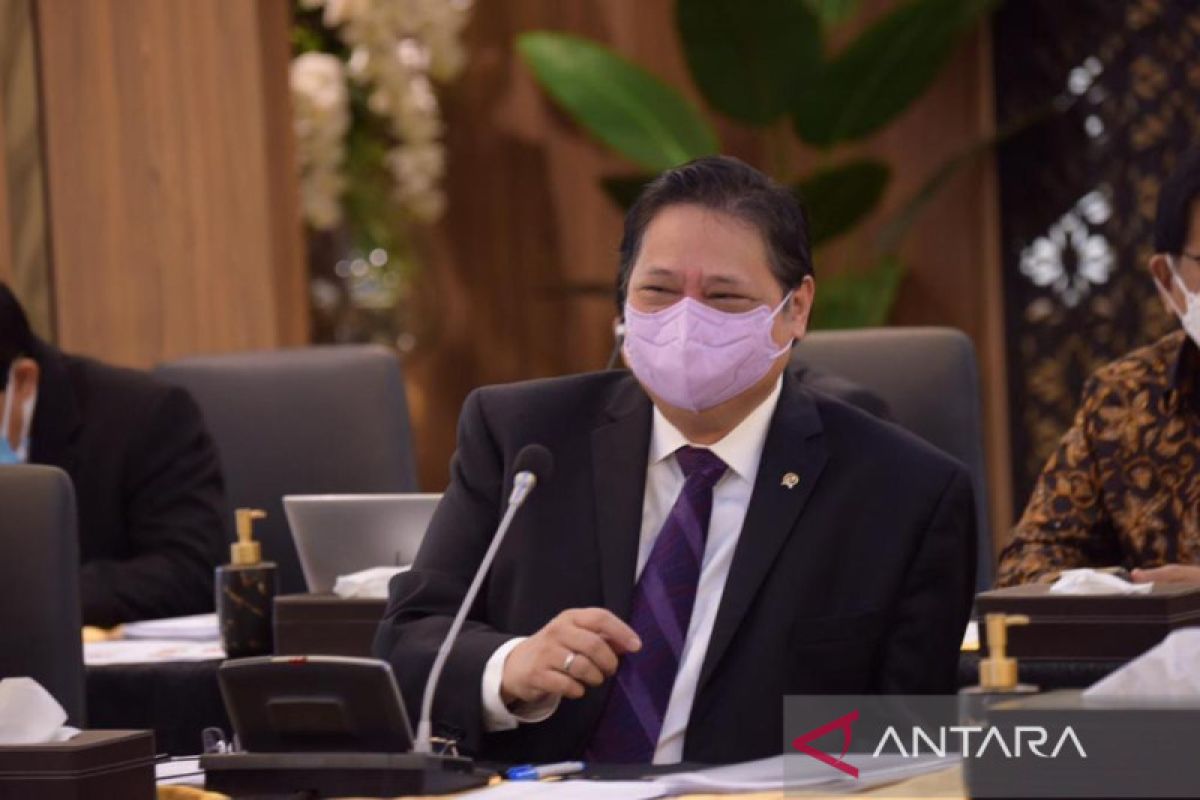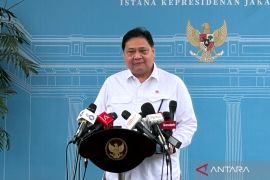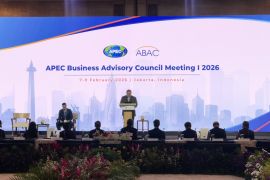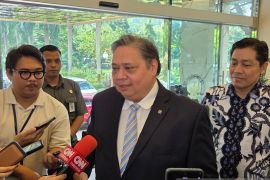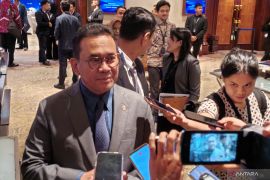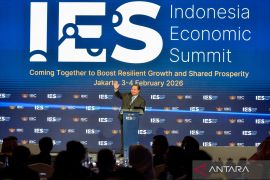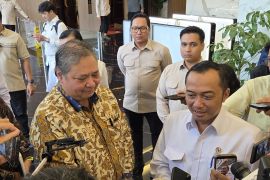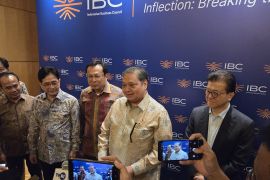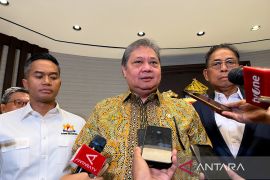Development of human resource capacity is the main capital to increase global economic growth, and it requires cooperation, coordination, and collaboration from all parties.Davos, Swiss (ANTARA) - Coordinating Economic Affairs Minister Airlangga Hartarto drew attention to Indonesia’s main strategy to improve the employment rate in the midst of the COVID-19 pandemic at the Jobs Consortium session of the World Economic Forum (WEF).
According to a statement here on Wednesday, the minister stated that Indonesia has three main strategies in the form of implementation of the National Economic Recovery (PEN) program, Pre-Employment Card assistance, as well as Job Creation Act.
Through the PEN program, the government supports micro, small, and medium enterprises (MSMEs) by providing tax incentives, interest subsidies for people's business credit (KUR), cash assistance (BLT), and the Family Hope Program (PKH) assistance.
Meanwhile, the Pre-Employment Card assistance is offered to improve the quality of human resources and to boost work productivity.
"Development of human resource capacity is the main capital to increase global economic growth, and it requires cooperation, coordination, and collaboration from all parties," the coordinating minister remarked.
In addition, he emphasized that Indonesia is committed to creating a better investment climate by implementing structural reform through the Job Creation Act.
The regulation has been recognized by the World Bank as the most positive economic reform attempt by Indonesia over the last four decades that is expected to increase investment and create more jobs.
Furthermore, Hartanto accentuated the importance of developing human capacity for every country to become resilient in facing the fast-changing world, including the employment sector.
Related news: Officers to rescind office before appointment as acting heads: gov't
The Jobs Consortium is a collaboration session of leaders and initiators that focuses on increasing job opportunities, reviving the employment sector, discussing the future of the sector, encouraging strategic investment in opening new jobs, as well as supporting workers’ adaptation to the new emerging jobs.
It was implemented for the first time at the 2022 WEF Annual Meeting, considering that the COVID-19 pandemic had caused around 1.6 billion workers in 210 countries to experience a 60-percent decline in their incomes, while 161 million others lost their permanent employment.
Related news: President instructs staff to improve workers' social security: KSP
Translator: Kuntum Riswan, Uyu Liman
Editor: Rahmad Nasution
Copyright © ANTARA 2022
